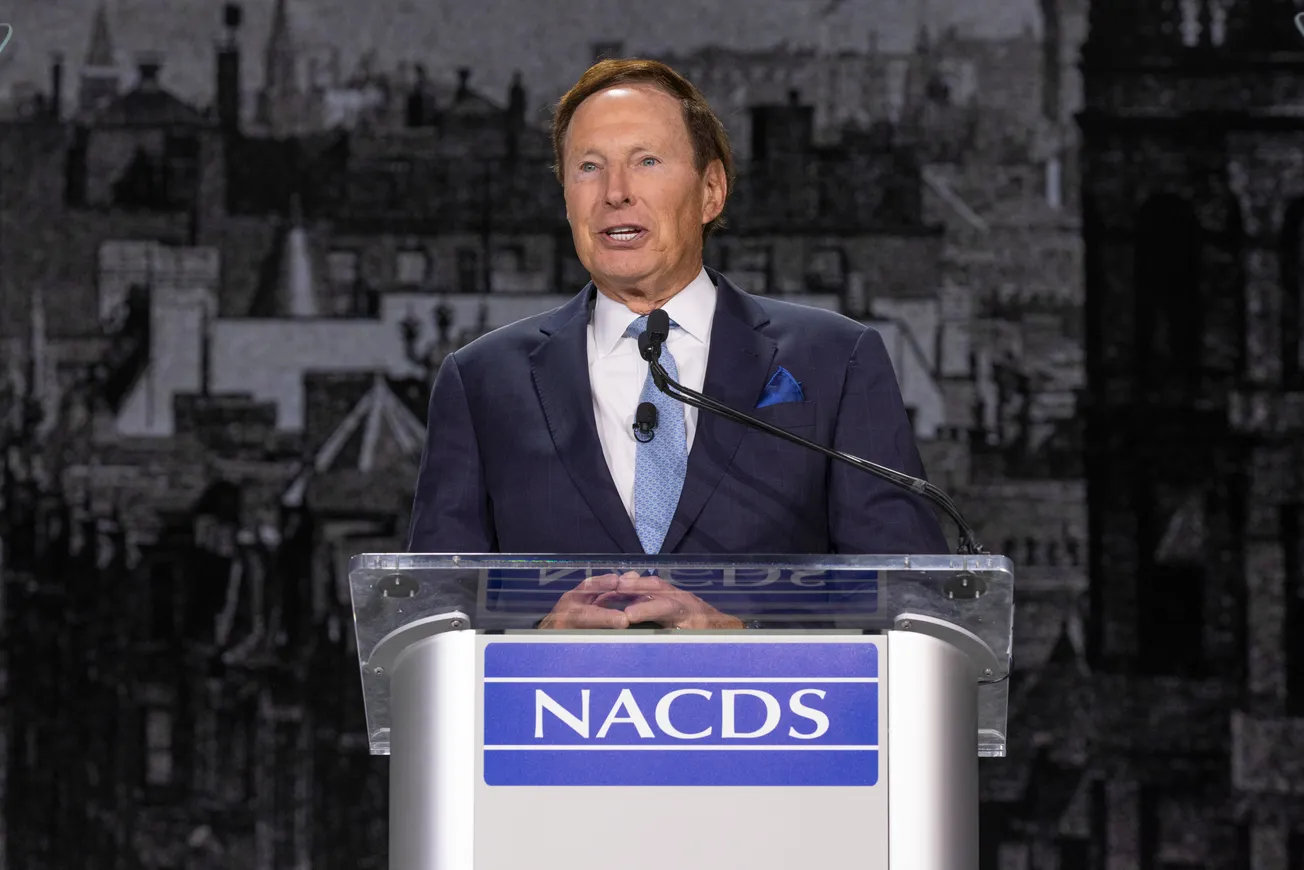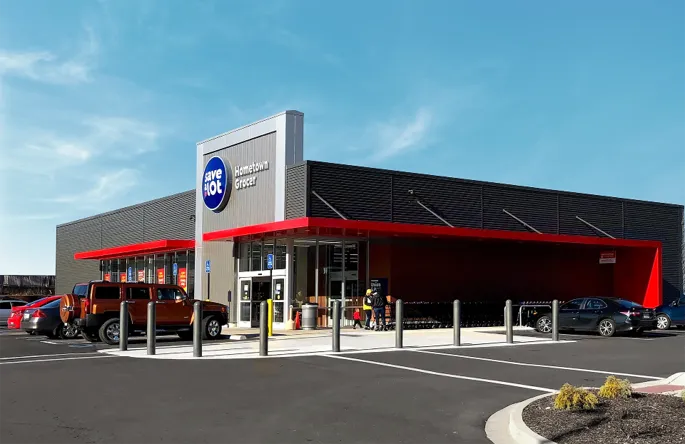ARLINGTON, Va. – Organizations representing pharmacists and pharmacies are applauding the Protect Patient Access to Pharmacies Act (S. 2052) that was introduced in the U.S. Senate.
The bill provides long-sought reform of abusive business practices that have permitted the monstrous growth of pharmacy direct and indirect remuneration (DIR) fees that are resulting in pharmacy closures throughout neighborhoods. The bill helps to secure Medicare patients’ freedom to receive medications and care from the pharmacy of their choice by improving enforcement of the “any willing pharmacy” law intended to prevent the exclusion of pharmacies from Part D plan networks. The legislation is an important component of comprehensive pharmacy benefit manager (PBM) reform.
The National Community Pharmacists Association, the National Association of Chain Drug Stores, the National Association of Specialty Pharmacy, the National Grocers Association, FMI – The Food Industry Association, and the American Pharmacists Association issued the following joint statement:
“We appreciate the strong bipartisan commitment and leadership of U.S. Senators Jon Tester (D-MT), Shelley Moore-Capito (R-WV), Sherrod Brown (D-OH), and James Lankford (R-OK) to advance this solution to address devastating pharmacy DIR fees and tactics that exclude pharmacies from Part D plan networks and eliminate seniors’ freedom to keep or even choose their pharmacy.
“Pharmacy benefit managers (PBMs) and payers continue to use pharmacy DIR and other fees to manipulate the Medicare program. For more than a decade, these tactics have fueled their profits while inflating seniors’ out-of-pocket prescription drug costs, threatening the viability of pharmacies of all sizes and types, and undermining the Medicare program. The Centers for Medicare & Medicaid Services (CMS) has determined that between 2010 and 2020 pharmacy DIR fees grew by more than a staggering 107,400%. These fees – which are imposed on pharmacies indiscriminately and retroactively – would be impossible to bear for any business. They put pharmacy access in peril in rural, urban, and all areas. We applaud the bipartisan bill sponsors for taking action to uphold and enforce the ‘any willing pharmacy’ law to prevent these behaviors that have the ultimate effect of limiting pharmacy access for seniors.
“We will work with leaders in Congress to enact this legislation this year, achieving comprehensive PBM reform. We need to ensure this job gets done, and gets done completely, for the American people.”










